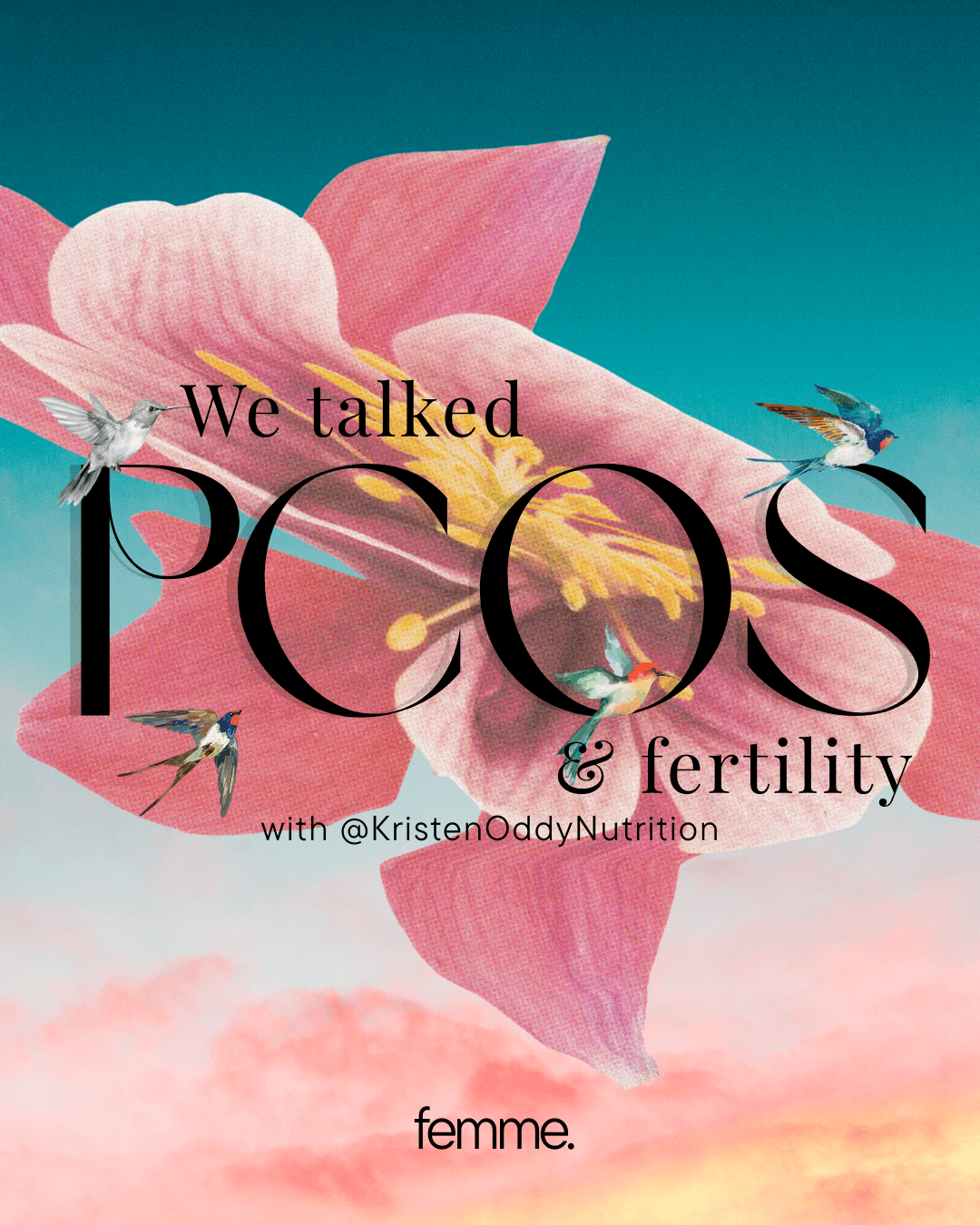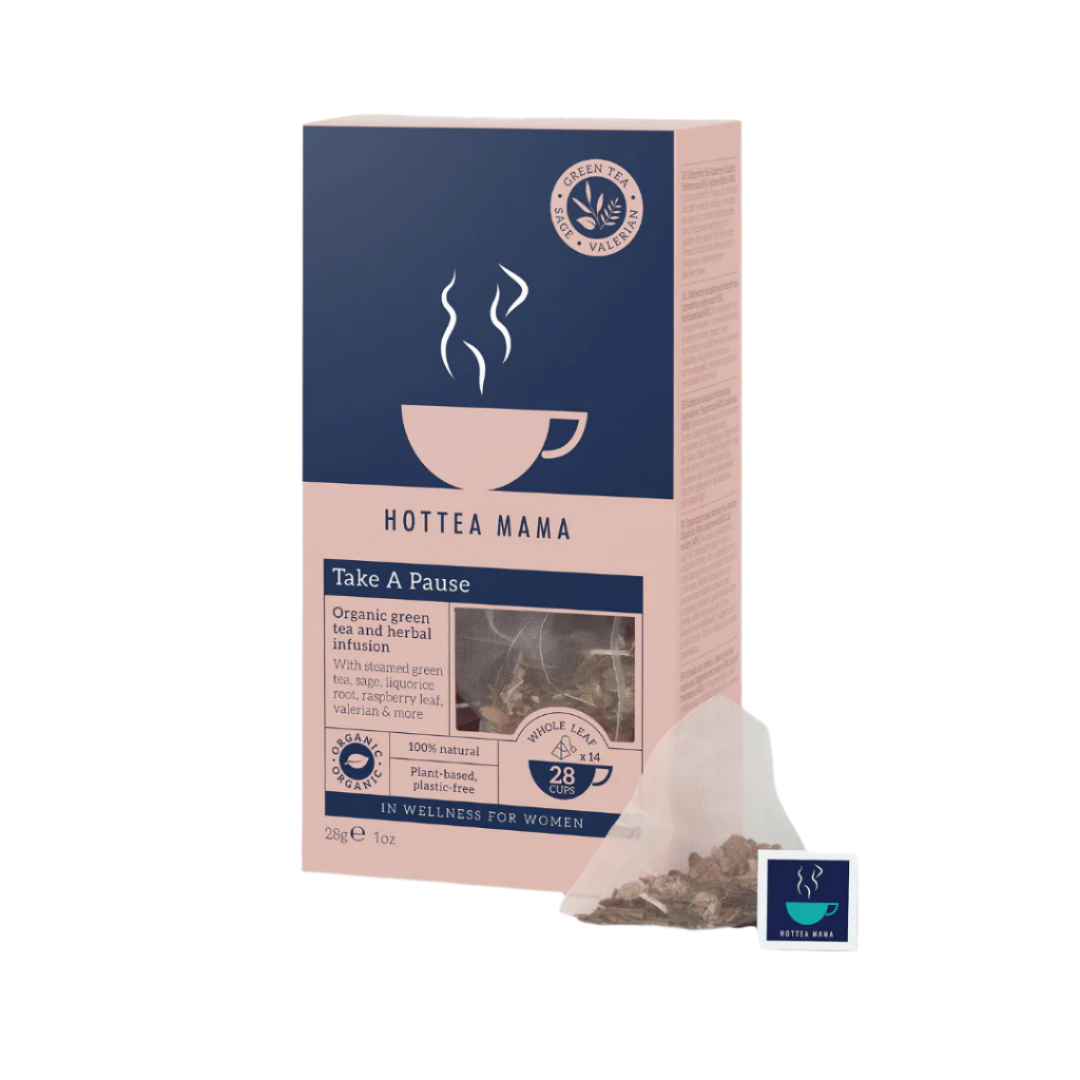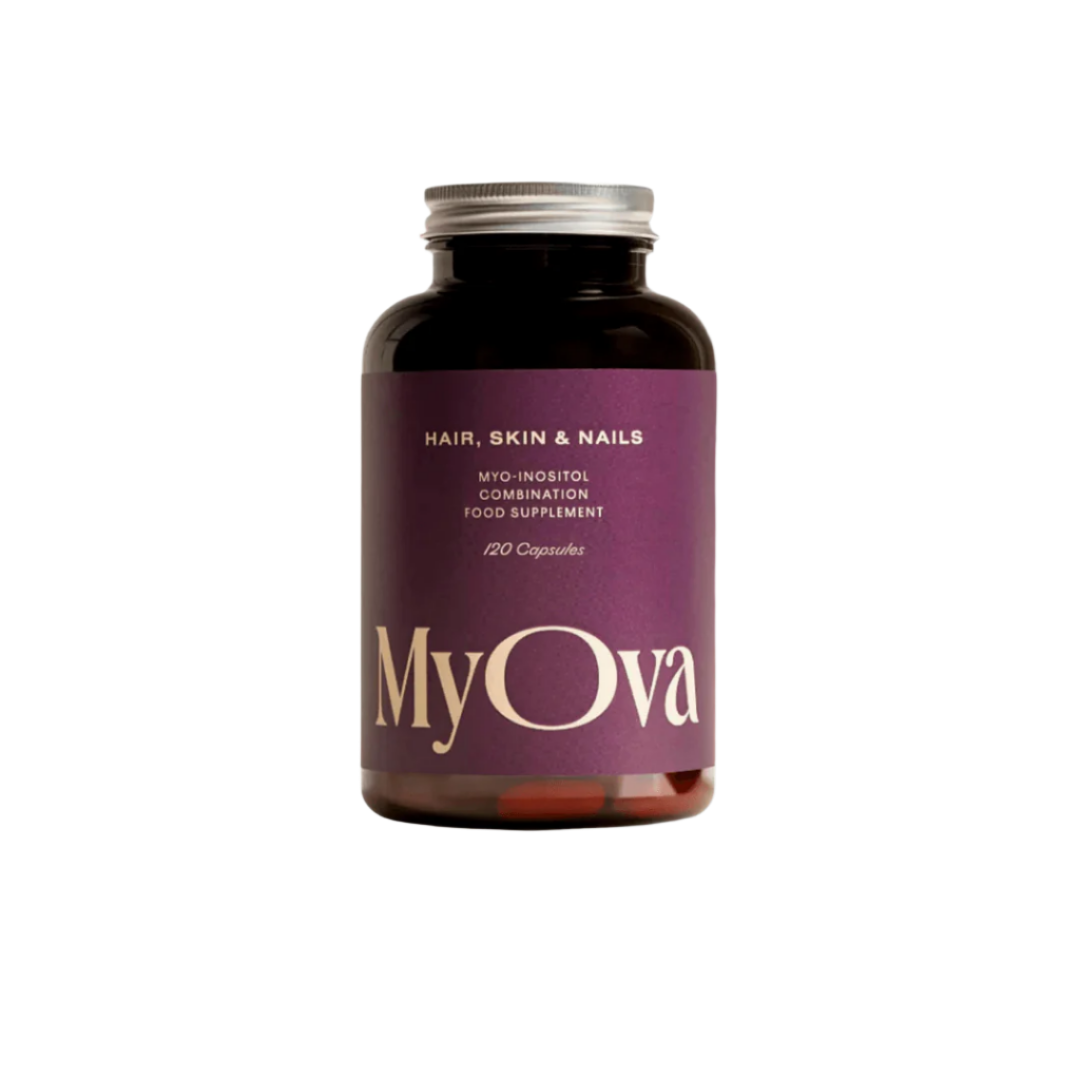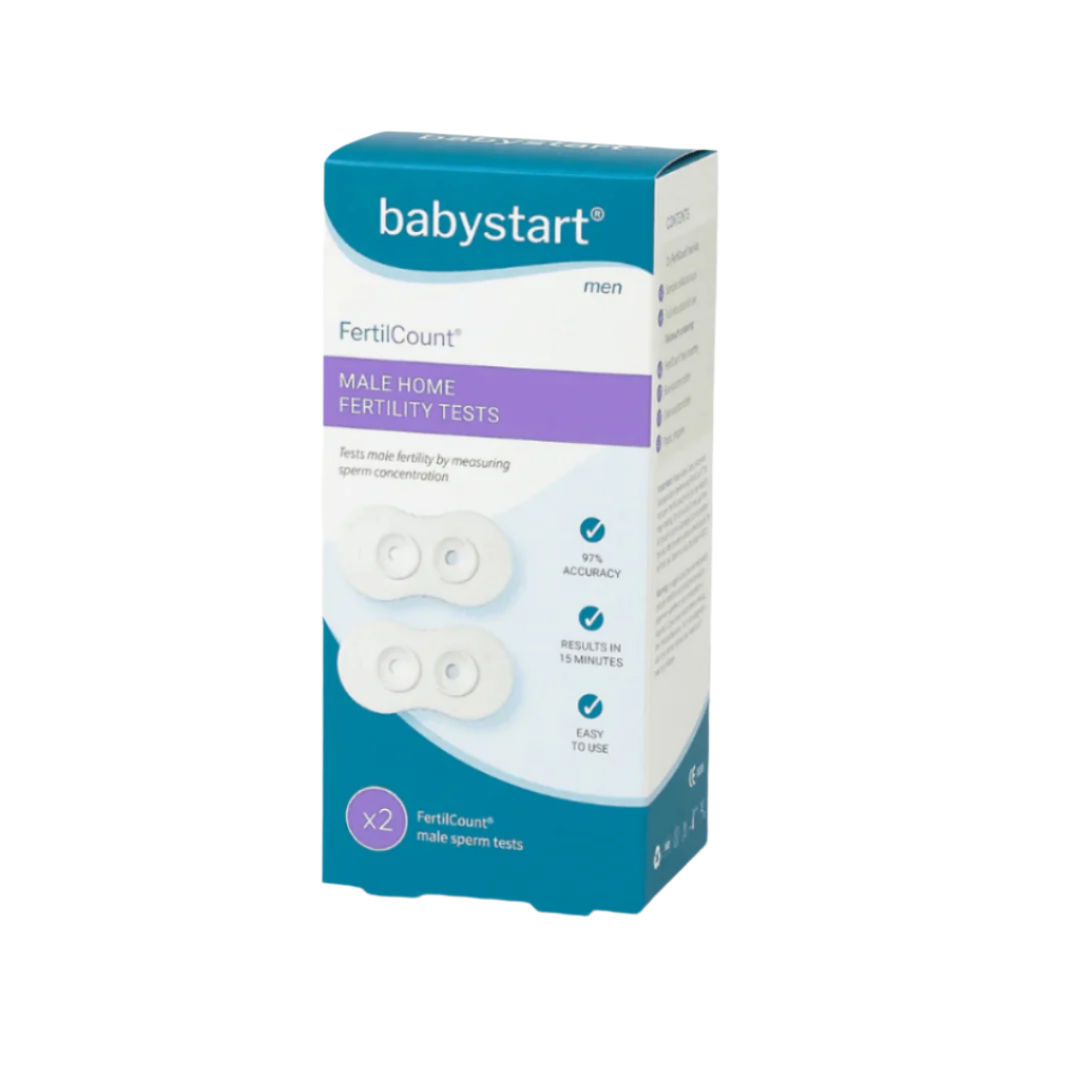PCOS can feel overwhelming - but it doesn’t have to be.
This month, we sat down with Kirsten Oddy, Women’s Health Nutritionist and PCOS specialist, to talk myths, fertility, food swaps, and the lifestyle habits that really make a difference.
From busting the gluten-free/dairy-free myth to sharing practical nutrition tips and small, sustainable steps, Kirsten reminds us that it’s not about restriction, it’s about building habits that support your body, your cycle, and your fertility.
What’s the biggest myth about food & PCOS?
Probably one of the biggest myths I hear is that you need to go gluten- and dairy-free to manage PCOS. There’s no strong evidence this helps, and it can actually lead to unnecessary restriction and a tougher relationship with food - something women with PCOS are already more vulnerable to.
It’s easy to look for one ‘super-food’ or a strict diet to “fix” PCOS, but the truth is it’s your overall approach to food and lifestyle that has the biggest impact over time to managing your symptoms.
How can nutrition support fertility in women with PCOS?
Nutrition can play a powerful role in supporting fertility with PCOS, either on its own or alongside medical treatment.
While irregular periods and ovulation are the most common fertility challenges, PCOS can also affect egg quality, disrupt the vaginal microbiome, and even increase miscarriage risk - all of which can make trying to conceive more difficult. That’s why a multi-faceted approach to balancing blood sugar, reducing inflammation, and optimising nutrient status is so important.
Trying to conceive with PCOS can feel overwhelming and isolating, but the good news is that your diet and lifestyle are areas you can take control of - and even small changes could make a big difference.
What are some easy food swaps for everyday life?
Swap white rice/pasta → quinoa, brown rice, or lentils
Higher in fibre + protein, keeps you fuller for longer, and supports insulin sensitivity.
Swap 1 portion of red meat → oily fish each week
Less saturated fat, more anti-inflammatory omega-3s.
Swap cereal/toast + jam at breakfast → Greek yoghurt, eggs, or a protein smoothie
A protein-rich start balances blood sugar and reduces snacking later on.
Swap your second coffee of the day → green tea
Lower caffeine, rich in antioxidants + calming compounds like L-theanine, and has been shown to improve PCOS symptoms.
Add 1 extra vegetable each day
Not technically a swap, but more variety = more fibre + nutrients. Aim for ~8 portions of veggies daily.
Even small swaps add up to a big difference over time!
Beyond diet, what lifestyle habits really help?
Lifestyle habits like sleep, stress management and movement, all work together with nutrition to support your overall wellbeing with PCOS.
Getting good quality sleep is important. Just one night of disturbed sleep can increase your hunger and cravings the next day - something that’s already a struggle with PCOS!
Exercise is also amazing for PCOS. Both cardio-based exercise and resistance-based movement have been shown to lower insulin and testosterone levels. The key is finding something you actually enjoy so it can become a regular part of your routine.
If someone feels overwhelmed by a PCOS diagnosis, what’s the first positive step they can take today toward improving their fertility and wellbeing?
It’s easy to get trapped in the mindset that you need to ‘fix’ everything at once. This can actually leave you feeling completely overwhelmed and you end up not doing anything instead!
If you are feeling overwhelmed, I encourage you to just start by focusing on the one thing that feels achievable right now - that could be making one of the food swaps we mentioned earlier, or going for a 10 minute walk on your lunch break.
It’s the small, consistent changes that really add up to make a big difference.
Thank you Kirsten
A big thank you to Kristen for talking to us this PCOS Awareness Month about PCOS, nutrition and fertility. We truly believe what Kristen says, 'small changes really can make a difference'. So what small change are you going to make today? You could make one of Kirsten's suggested food swaps, go for a walk at lunch time or something we're very passionate about, start cycle tracking. Cycle tracking gives you the insights you need to be able to understand your cycle better. Want to know more? Read our article, 'using cycle tracking to manage conditions like PCOS and endometriosis', here.










